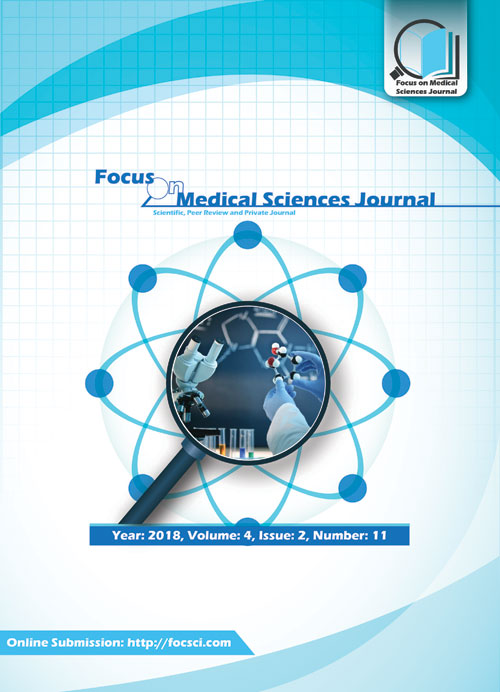Effects of Cold Air on Cardiovascular Disease Risk Factors in Humans
Author(s):
Abstract:
Introduction
Zhangye, a city of the Province of Gansu, China was choose as the location for the experiment. After conducting health screening and blood tests, 30 patients with cardiovascular disease and 40 healthy persons were joined up as case and control groups, respectively. The cold airs effects on cardiovascular disease were studied by examining blood pressure and some biochemical indicators of them.Methods
The experiment was carried out in the time of cold air exposure on April 2728, 2013. Blood lipid, whole blood viscosity, cardiac troponin I, myoglobin (Mb), and endothelin-1 in all subjects were evaluated 24 h before (morning of April 26, 2013), during (temperature dropped to the lowest at 7:00 am8:00 am, April 28, 2013), and 24 h after cold exposure. The variations in each biochemical indicator were analyzed before the cold exposure, during it, and after it.Results
Results showed that the cold air exposure increased low and midst shear of whole blood viscosity and the low and high shear of whole blood reduced viscosity. This phenomenon led to excessive blood clotting and high aggregation and viscosity state in cardiovascular disease patients and healthy subjects. In addition, cold air exposure evidently increased serum triglyceride and especially lower density lipoprotein cholesterol and decreased higher density apolipoprotein and lipoprotein cholesterol. These indicators cause blood viscosity and increase in cholesterol and platelet granules, which are deposited in the vascular wall, thus further aggravating atherosclerosis. During cold air exposure, the concentration of vascular endothelin-1 significantly increased. Moreover, Mb and cardiac troponin I gradually increased and caused vasoconstriction and damage to myocardial cells. The main Conclusions
The cold air can affect both patients with cardiovascular disease and people in healthy subjects. Firstly, cold airs effects can make excessive blood clotting and high aggregation and viscosity state and this can affect the blood rheology. Secondly, the cold air can promote the occurrence and development of atherosclerosis. Thirdly, the cold air can vasoconstriction and damage to myocardial cells.Conclusions
When cold air transit formed by special meteorological conditions, the blood flow, blood lipid and myocardial serum markers were produced significant adverse effects, the cold air can cause disease of heart head blood-vessel crowd development.Keywords:
Language:
English
Published:
Focus on Science, Volume:3 Issue: 2, Apr-Jun 2017
Page:
4
magiran.com/p1695528
دانلود و مطالعه متن این مقاله با یکی از روشهای زیر امکان پذیر است:
اشتراک شخصی
با عضویت و پرداخت آنلاین حق اشتراک یکساله به مبلغ 1,390,000ريال میتوانید 70 عنوان مطلب دانلود کنید!
اشتراک سازمانی
به کتابخانه دانشگاه یا محل کار خود پیشنهاد کنید تا اشتراک سازمانی این پایگاه را برای دسترسی نامحدود همه کاربران به متن مطالب تهیه نمایند!
توجه!
- حق عضویت دریافتی صرف حمایت از نشریات عضو و نگهداری، تکمیل و توسعه مگیران میشود.
- پرداخت حق اشتراک و دانلود مقالات اجازه بازنشر آن در سایر رسانههای چاپی و دیجیتال را به کاربر نمیدهد.
In order to view content subscription is required
Personal subscription
Subscribe magiran.com for 70 € euros via PayPal and download 70 articles during a year.
Organization subscription
Please contact us to subscribe your university or library for unlimited access!


